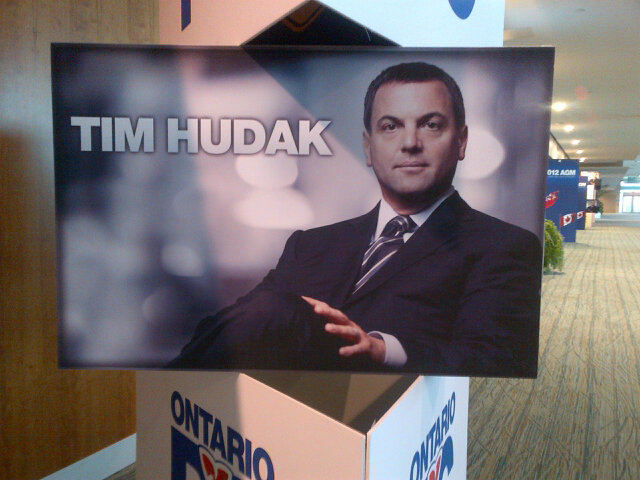Lots of hands went up.
Chris Levy, our brilliant criminal law professor at the University of Calgary, had just asked who among us favours the death penalty. My hand was one of them.
It was our first year of law school, 1984. The death penalty had been abolished by Parliament eight years earlier.
“Very well,” said Levy. “I will ask you again in your final year.”
It’s almost three decades later, and the subject of capital punishment is again with us. Last week, Angus Reid Public Opinion surveyed more than 1,000 Canadian adults about the subject in an online poll. We don’t know why they felt compelled to do so, but they did.
The results were surprising to some of us.
Sixty-three percent believe the death penalty is “sometimes appropriate.”
About a quarter of Canadians, however, believe capital punishment is never warranted.
The pollsters also found that 61% of Canadians say they support reinstating the death penalty for murder in Canada. A third of the respondents disagreed.
There were some unsurprising regional differences — westerners, being mainly conservatives, favour it; Quebecers, being mainly progressives, oppose it.
Asked why they disagree with the death penalty, 75% of opponents said they were concerned about “the possibility of wrongful convictions leading to executions.”
That is, making a mistake. When you execute the wrong person, there’s obviously no going back.
Me? As a liberal, I’ve (cravenly) avoided taking a public position for years. The hemispheres of my brain — like public opinion — are divided.
The right side of my brain, where scientists tell us emotion holds sway, feels this way: If someone killed someone I love, I’d want to kill them with my bare hands.If someone kills a child, with malice aforethought, I’d want to see them receive the same treatment.
That’s admittedly an emotional response to a very difficult question, but it’s no less valid for that. It’s a position held by other progressives I admire, such as Barack Obama and Bill Clinton.
The left side of my brain, where reasoning purportedly dominates, holds a contrary view. For example, what we all learned in law school — more than anything else — was how imperfect our system is. When you study the law, you learn that it is in need of continual improvement, and that it is fundamentally flawed. It is flawed much like the human beings who created it.
When you study the law, you also learn — as 75% of Canadian dissenters apparently already know — wrongful convictions are common enough to concern every right-thinking person.
And, therefore, it’s irrational to impose death sentences in a legal system that everyone agrees is deficient.
That’s probably a position held by another progressive I admire, Jesus Christ — who, it should be noted, was the victim of a wrongful conviction himself.
It’s not, however, that progressives like me oppose ending another’s life in any circumstances.
Our view on war isn’t dissimilar. Waging war against an enemy, and killing its combatants, isn’t any sane person’s first preference.
But when we sometimes wage war — as we did, say, against Nazism — our cause is just and defensible. But make no mistake: There is still a moral failing, even when fighting fascism, the ideology of murder.
In most cases of capital punishment, you see, society is terminating the lives of those few found to be guilty beyond a reasonable doubt. But in wars, we know — or should know — that we are, inadvertently or otherwise, killing innocents on a large scale (witness Dresden and Hiroshima). And we still do it.
Reason over passion, someone once said. It’s not the world we live in, but it’s the world we should aspire to.
Oh, in the final year of law school? Prof. Levy asked us again who favoured the death penalty.
No hands went up.
Comments (47)



